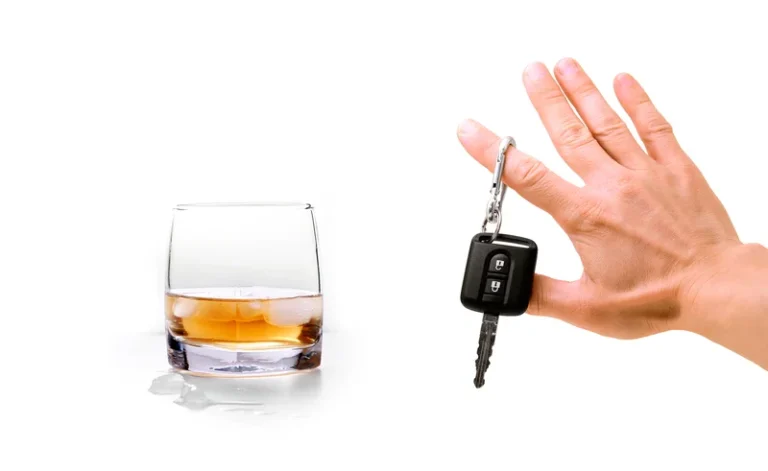
The severity of a DUI charge can increase the amount of bail you must pay to get out of jail. If you cannot make bail, you may find yourself incarcerated until your hearing. In a 2019 survey from American Addiction Centers, more than half (53%) of survey respondents say they feel capable of driving after drinking. Our free email newsletter offers guidance from top addiction specialists, inspiring sobriety stories, and practical recovery tips to help you or a loved one keep coming back and staying sober. Jessica graduated from the University of South Florida (USF) with an English degree and combines her writing expertise and passion for helping others to deliver reliable information to those impacted by addiction.
People at increased risk
- Two of every three people will be impacted by a drunk driving crash at some point in their lifetime.
- If you drive while impaired, you could get arrested, or worse — be involved in a traffic crash that causes serious injury or death.
- For example, among drivers involved in fatal crashes during 2021 with positive BACs (.01 g/dL or higher), over half (55%) had BACs at or above .15 g/dL (NCSA, 2023a).
- After about three drinks, when your BAC reaches .05%, you may also lose control of small muscles in your eyes.
- Driving while impaired by any substance — legal or illegal — puts you and others in harm’s way.
- The social consequences may include job loss or difficulty finding future employment—especially in roles that require a clean driving record or high levels of trust.
Alcohol addiction can lead to several long-term sleep problems, including insomnia. Besides severely affecting your physical and mental health, =https://ecosoberhouse.com/ alcohol can also lead to social and legal problems. A drinking-related condition is also known as a dual diagnosis or co-occurring disorder.

40+ BAC
- Preventing drinking and driving starts before the next time you plan to drink.
- You can use a technique of examining each individual decision you made in the past that led to a specific outcome, such as driving under the influence.
- In a 2019 survey from American Addiction Centers, more than half (53%) of survey respondents say they feel capable of driving after drinking.
- Mothers Against Drunk Driving (MADD) reports that in 2021, a staggering 13,384 Americans died in alcohol-impaired driving traffic deaths.
At a BAC of .08 grams of alcohol per deciliter (g/dL) of blood, crash risk increases exponentially. Because of this risk, it’s illegal in all 50 states, the District of Columbia and Puerto Rico to drive with a BAC of .08 or higher, except in Utah where the BAC limit is .05. Every day, about 37 people in the United States die in drunk-driving crashes — that’s one person every 39 minutes. In 2022, 13,524 people died in alcohol-impaired driving traffic deaths.
What Is a DUI?
- Plenty of people know that drinking and driving don’t mix — but many still do it.
- According to Forbes Advisor, car insurance rates go up 70% on average after you have had a DUI.
- Often called “drunk driving” interchangeably, it refers to operating any vehicle (including bicycles, motorcycles, golf carts, etc.) while impaired.
- Experimental research measures the potential risk of an accident using a driving simulator or driving course.
- More than 1.1 million drivers were arrested for driving under the influence of alcohol or narcotics in 2014.
However, the consequences of alcohol-impaired driving are far-reaching and can involve legal problems, injuries, emotional trauma, and financial strain—just to name a few. Breathalyzers and blood tests measure a person’s BAC level to determine the amount of alcohol in a person’s blood system. The higher the resulting number, the more likely the person is suffering impairments that consequences of drinking and driving make them a danger to themselves and others on the road.
Explore other topics in Risky Driving

DWI (driving while intoxicated) and DUI (driving under the influence) can be confusing terms for new and experienced motorists alike! Both phrases refer to driving a vehicle while intoxicated by alcohol or drugs, and many states use them what is Oxford House interchangeably. Because of the number of factors that affect BAC, it is very difficult to assess your own BAC or impairment.